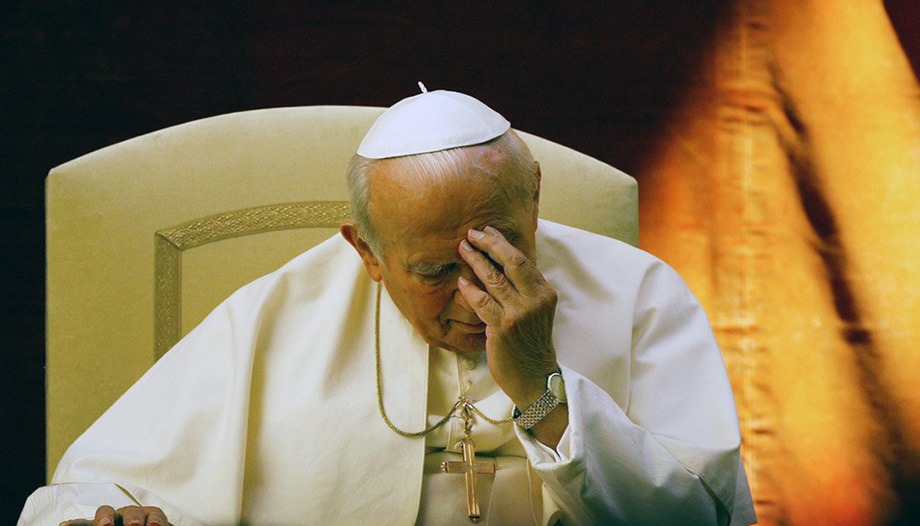Reading the Dossier of Omnes on the German synodal path I was reminded of those words that St. John Paul II addressed Europe from Santiago de Compostela at the close of his first apostolic visit to Spain on November 9, 1982.
'I, Bishop of Rome and Pastor of the universal Church, from Santiago, I send you, old Europe, a cry full of love: Find yourself again. Be yourself. Discover your origins. Revive your roots. Revive those authentic values that made your history glorious and your presence in the other continents beneficial. Rebuild your spiritual unity.
– Supernatural Church in Germany is at a key moment in which these words of the holy Polish pope could guide it. There may be good faith, something that is not in doubt, in the initiative launched with the synodal path, but there is an evident risk of going astray and even of involving other episcopates in the search for alliances proposed by the promoters of the German synodal path.
Beyond the problem at the origin of this process (that of analyzing the origin of the problem of the sexual abuse) and of the various agendas that are to be implemented (optional celibacy, female priesthood, change in sexual morality, redefinition of the bishop's service of authority...) it seems to me that the issue at stake is the relationship between the Church and society.
What must change in the Church in order to reach out to a society that is increasingly secularized and, therefore, more distant from God? What signs of the times must we listen to, through which the Spirit is also speaking to us? How can we be faithful and at the same time creative in evangelization?
The German episcopate through this synodal journey approaches these questions, he claims to want to listen to the signs of the times. But the end result is that they seem to accept postulates of our society that can lead them away from the sense of the Catholic faith. Disconcerted by the abandonment of the faithful of their churches, they believe that the solution is to change and come closer to the thinking of today's society. But precisely therein lies the biggest mistake.
'For wanting to be who I am not, I am not even me' said a song by the group 'Brotes de olivo'. That is the risk of the Church in Germany, and in some way of Christians all over the world. To stop being ourselves to be like the world, to be 'normal'.
That is why the words that St. John Paul II addressed to Europe seem to me to be timely for the Church in Germany and for all of us.
Church, find yourself again. Be yourself. Discover your origins. Revive your roots. Rebuild your spiritual unity.
We will only be fruitful if we are faithful to Jesus Christ. It is time to turn our eyes to the Crucified One and place him before the eyes of those with whom we live. We have to show Jesus Christ, dead and risen, to the world, to raise him on high so that when they look at him they may find salvation in him. Jesus crucified will be today, as he was in Paul's time, scandal and folly. But only in him will our Church find the strength to continue walking in the midst of the desert we have to cross.
If the Church is not faithful to herself, if she accepts the postulates and objectives set by the world, she will cease to be salt and light.
The road ahead goes precisely in another direction. Because in our relationship with the world we have to recover that prophetic dynamism that is essential to Catholicism. We have to show the beauty of life in Christ, even if this scandalizes a society that is moving in a different direction.
Because today, as always, prophets are needed to change the course of those who have gone astray.
Teaching Delegate in the Diocese of Getafe since the 2010-2011 academic year, he has previously exercised this service in the Archbishopric of Pamplona and Tudela, for seven years (2003-2009). He currently combines this work with his dedication to youth ministry directing the Public Association of the Faithful 'Milicia de Santa Maria' and the educational association 'VEN Y VERÁS. EDUCATION', of which he is President.







